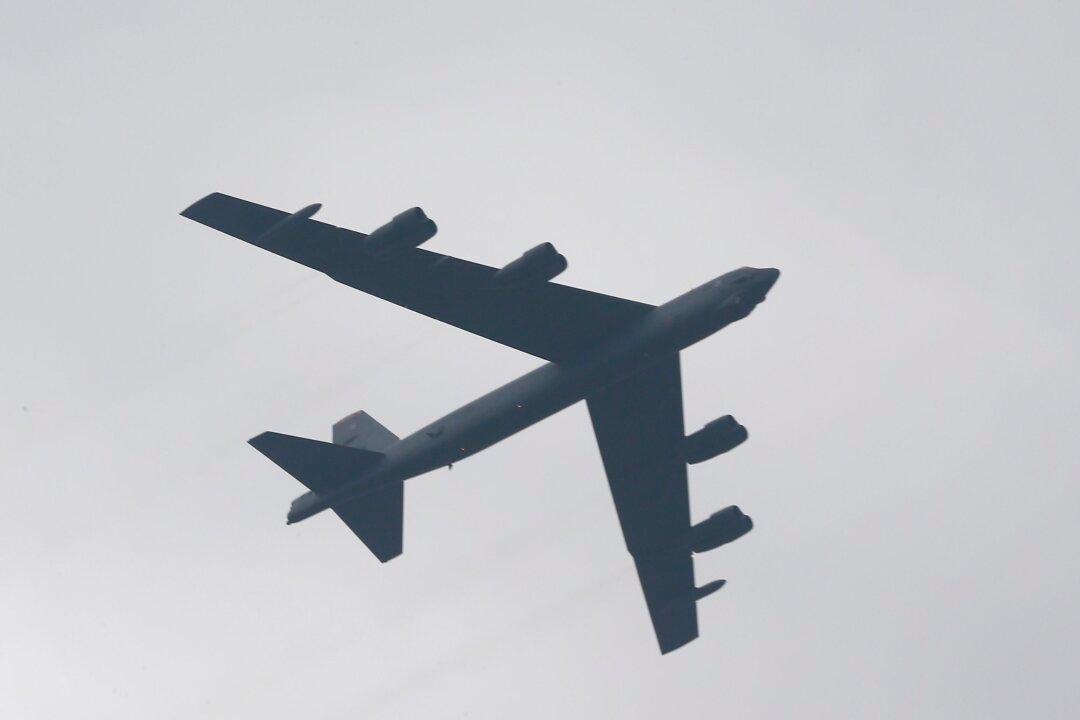The United States deployed B-52 bombers in Qatar over an unspecified threat from Iran.
Photos released by the U.S. Air Force show B-52H Stratofortress bombers arriving at the Al Udeid Air Base in Qatar on May 9, according to The Associated Press. Other bombers arrived at an unidentified location the day before.





